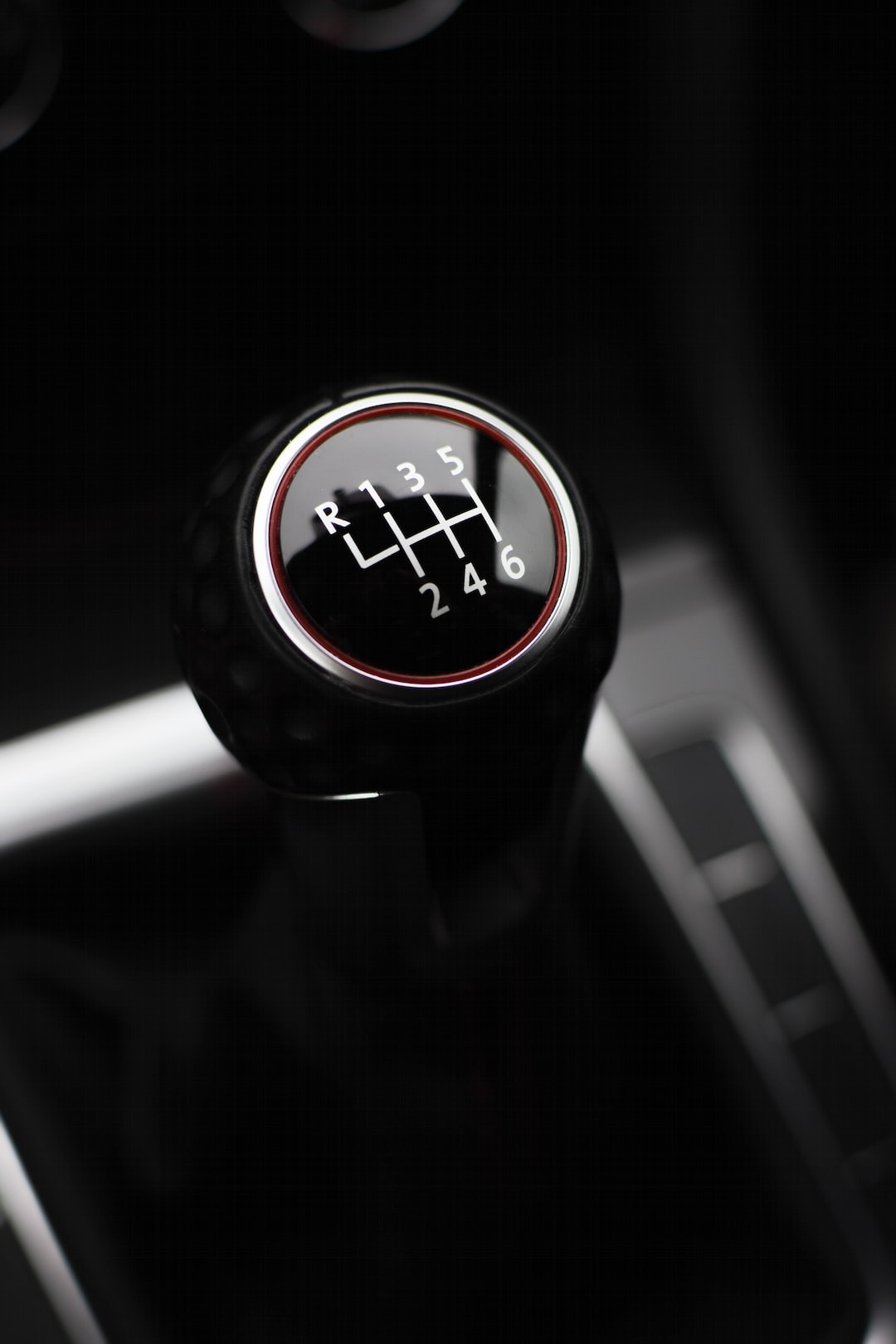Are you considering purchasing a used car but feeling overwhelmed by the process? Don’t worry; buying a used car can be a straightforward and rewarding experience with the right knowledge and precautions. In this beginner’s guide, we will provide you with essential tips and precautions to help you make a well-informed decision when purchasing your next used vehicle.
First and foremost, start by establishing your budget. Determine how much you can afford to spend on a used car while also considering additional expenses such as insurance, taxes, and maintenance. It is crucial to set a realistic budget to avoid potential financial strain in the future.
Next, do your homework. Research different car makes and models that suit your needs and preferences. Consider factors such as reliability, fuel efficiency, and safety features. Knowing what you want in a car will make the selection process smoother and help you narrow down your options.
Once you’ve identified a few potential vehicles, conduct a thorough background check. Obtain the vehicle identification number (VIN) from the seller and use it to access the vehicle’s history report. This report will reveal valuable information such as previous accidents, mileage accuracy, and maintenance records. Be wary of vehicles with a questionable history, as they may have hidden issues that could cost you a significant amount of money in repairs.
When dealing with a private seller, arrange to meet in a public place during daylight hours for your safety. Ask the seller detailed questions about the car’s condition and maintenance history. Request to see the vehicle’s title and have a trusted mechanic inspect the car before making any commitments. A professional inspection can uncover potential problems that may not be apparent to an untrained eye.
If you’re purchasing from a dealership, research their reputation beforehand. Read reviews, check for any complaints, and make sure they are a reputable and trustworthy establishment. Dealerships often provide certified pre-owned vehicles, which have been thoroughly inspected and come with extended warranties to provide extra peace of mind.
Once you’ve identified a car that meets your budget and requirements, take it for a test drive. Pay attention to how the car handles, accelerates, and brakes. Listen for any unusual noises or vibrations that could indicate underlying issues. Test all the car’s features, including the air conditioning, heating, and electronics, to ensure they are functioning correctly.
When negotiating the price, be prepared to haggle. Check the market value of the vehicle you’re interested in using online resources or consult with trusted car experts. Use this information to negotiate a fair price, keeping in mind the condition, mileage, and any potential repairs that may be required.
Finally, before finalizing the purchase, review all the necessary paperwork carefully. Ensure that the car’s title is clear and the seller has the legal right to transfer ownership. Verify that all previous liens have been satisfied and that there are no outstanding debts associated with the vehicle.
By following these tips and precautions, buying a used car can be a hassle-free experience. Remember to trust your instincts, ask as many questions as necessary, and never rush into a decision. With proper research, thorough inspections, and careful consideration, you can find a reliable and affordable used car that will serve you well for years to come.
